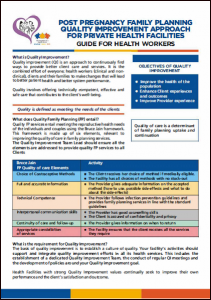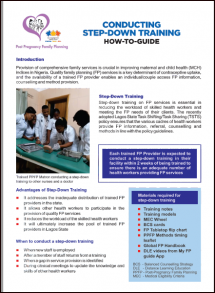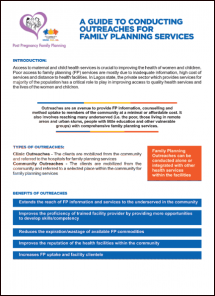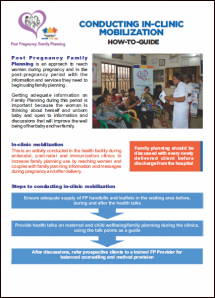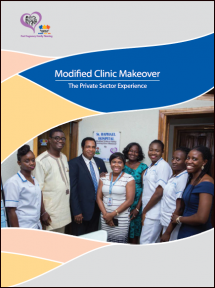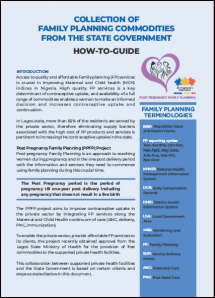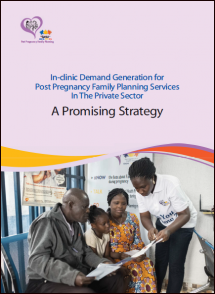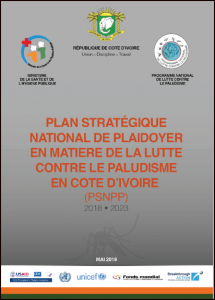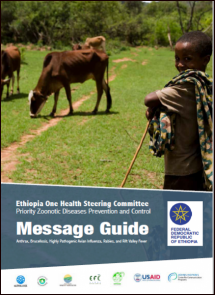Post Pregnancy Family Planning Quality Improvement Approach for Private Health Facilities
Quality FP services entail meeting the reproductive health needs of the individuals and couples using the Bruce Jain Quality Improvement (QI) framework. This framework is made up of six elements, relevant to improving the quality of care in family planning services.
This guide explains the framework, who should be on the team, what the team members do,and how they implement QI in the health facility.
Source: Johns Hopkins Center for Communication Programs
Date of Publication: November 21, 2020
SIMILIAR RESOURCES
Tools
Examples
- Innovation Brief: Engaging Influencers and Non-Traditional Actors in Participatory Processes for Family Planning Program Design
- Innovation Brief: Breaking Down Barriers to Family Planning Access by Engaging Agents of Change
- Provider Behavior Change Implementation Kit
- Improving Interpersonal Communication Between Health Care Providers and Clients
- Service Communication Implementation Kit
- Social Franchising: Improving Quality and Expanding Contraceptive Choice in the Private Sector
- Evidence Review and Analysis of Provider Behavior Change Opportunities: Literature Review
- Healthy Timing and Spacing Of Pregnancy: A Trainer’s Reference Guide
- A Guide for Planning and Implementing Social and Behavior Change Communication Activities for Postpartum Family Planning
- Developing a Social and Behavior Change Research Agenda

